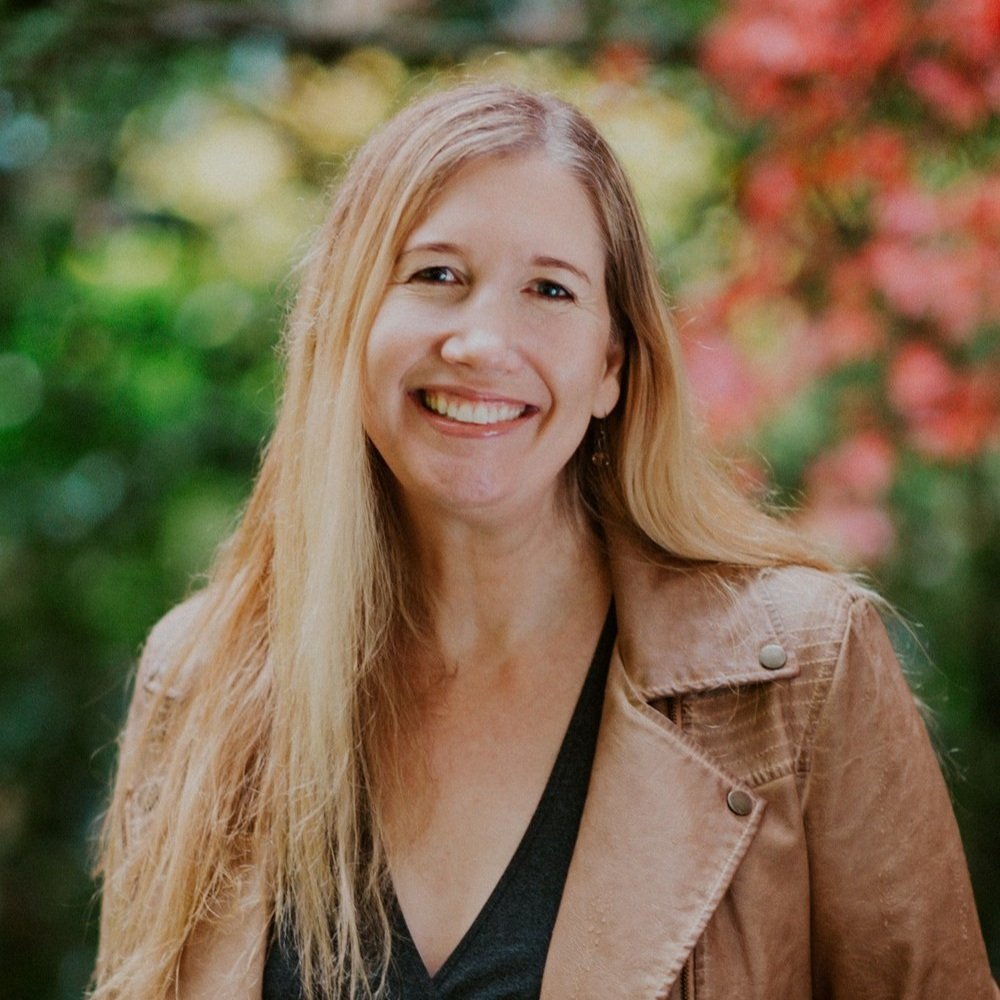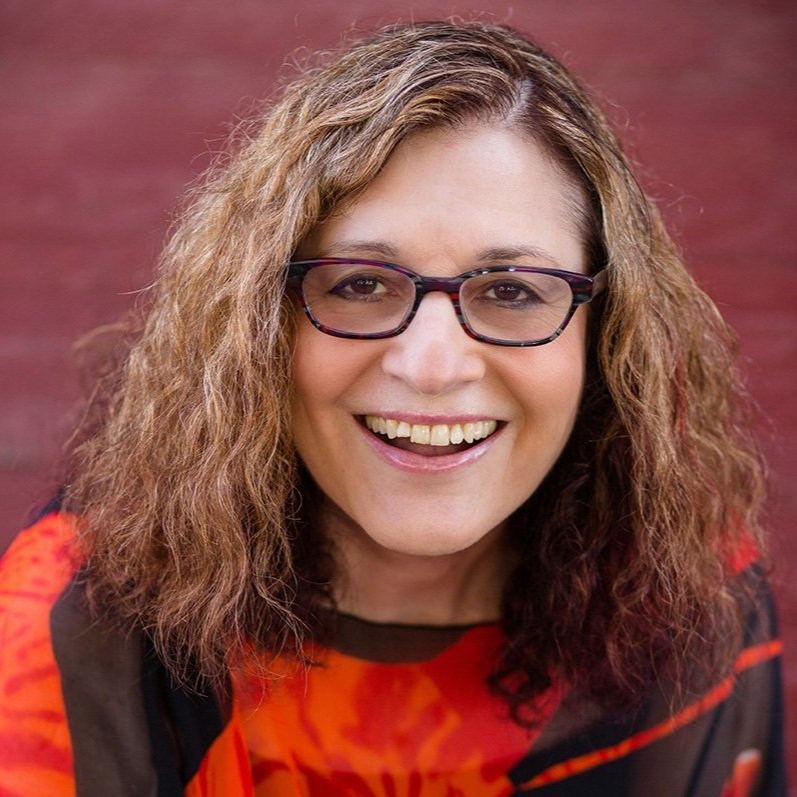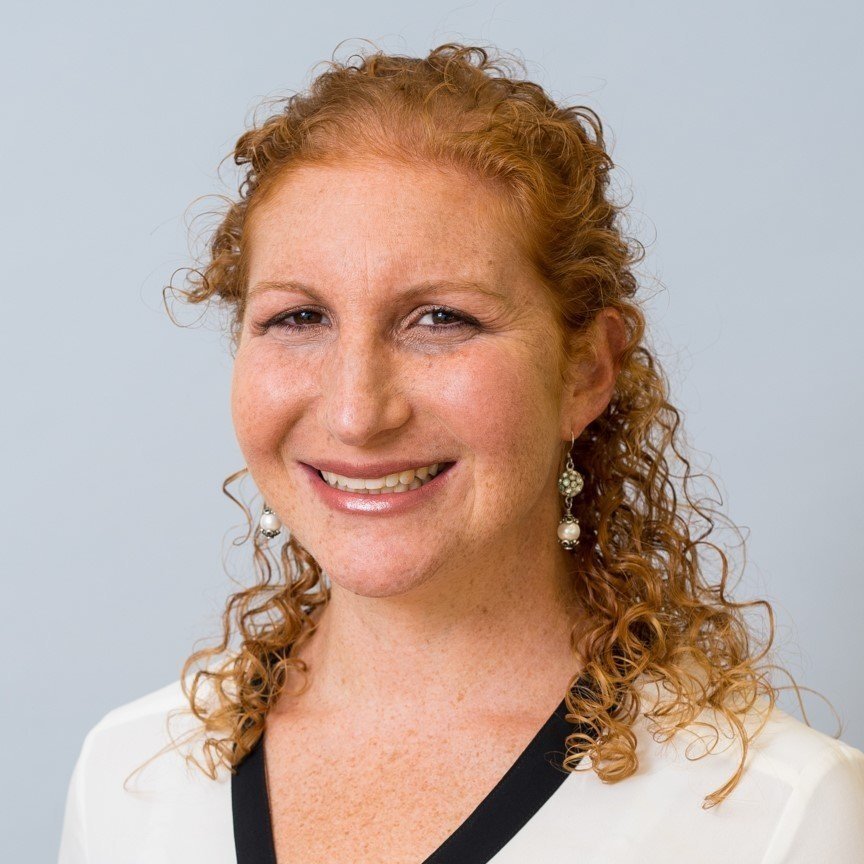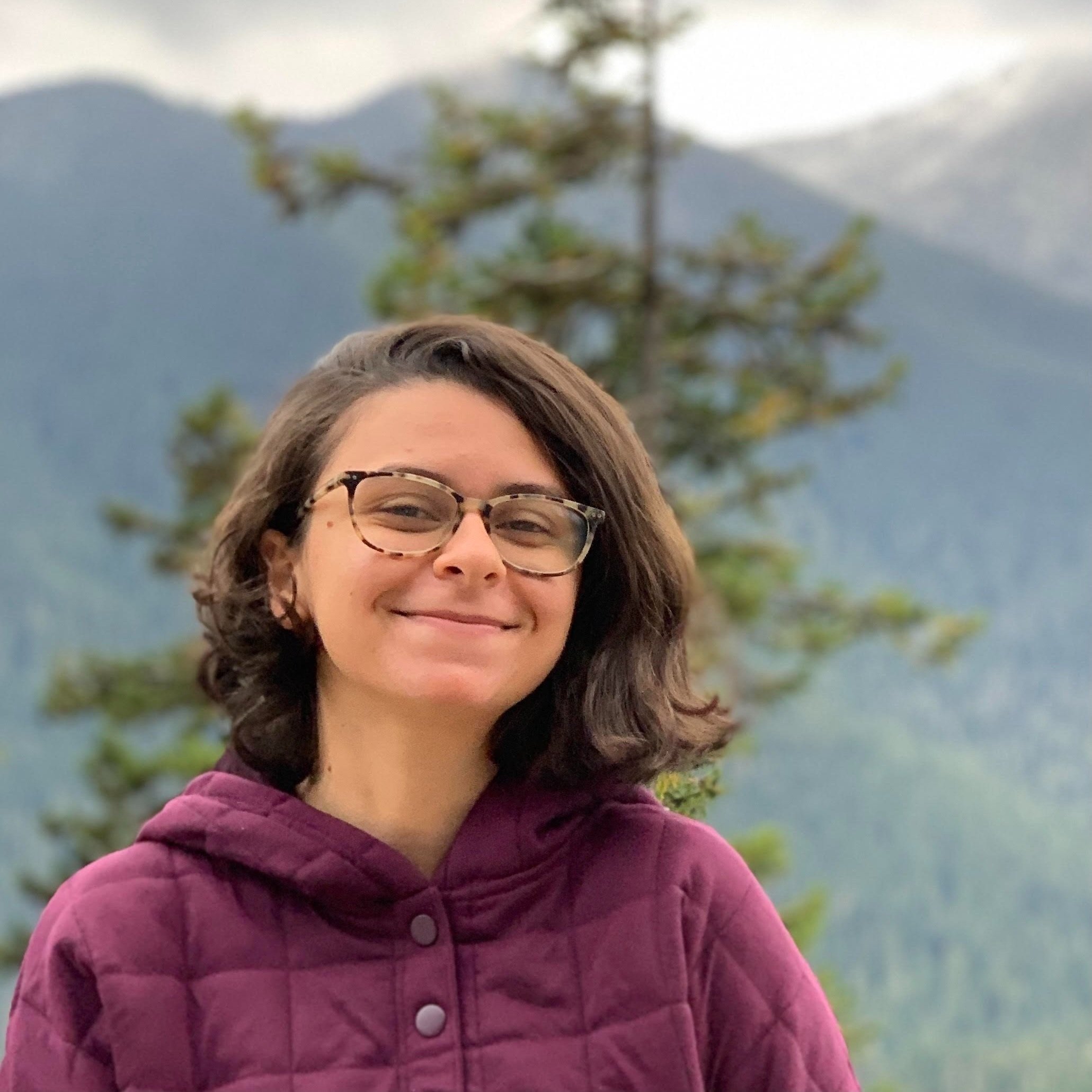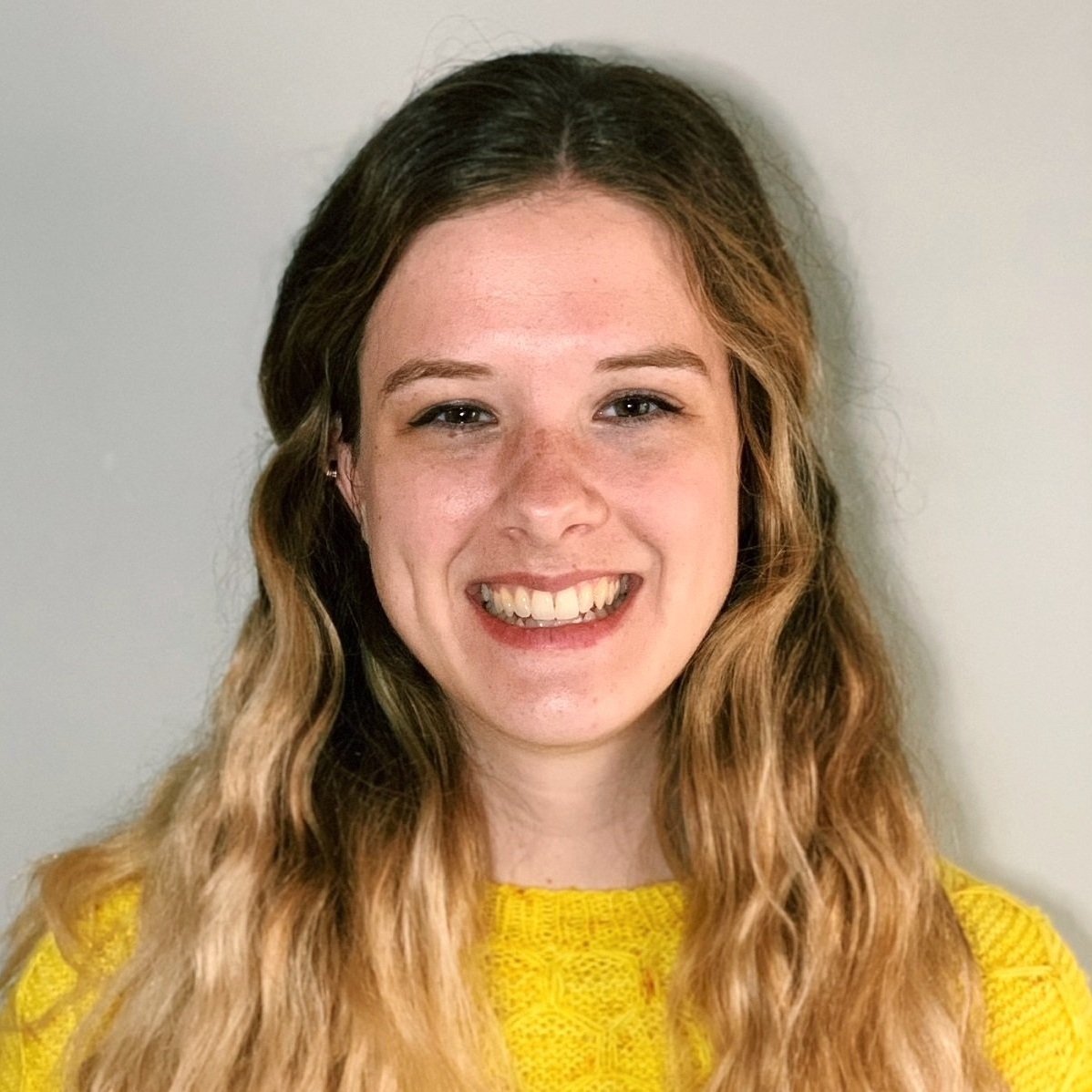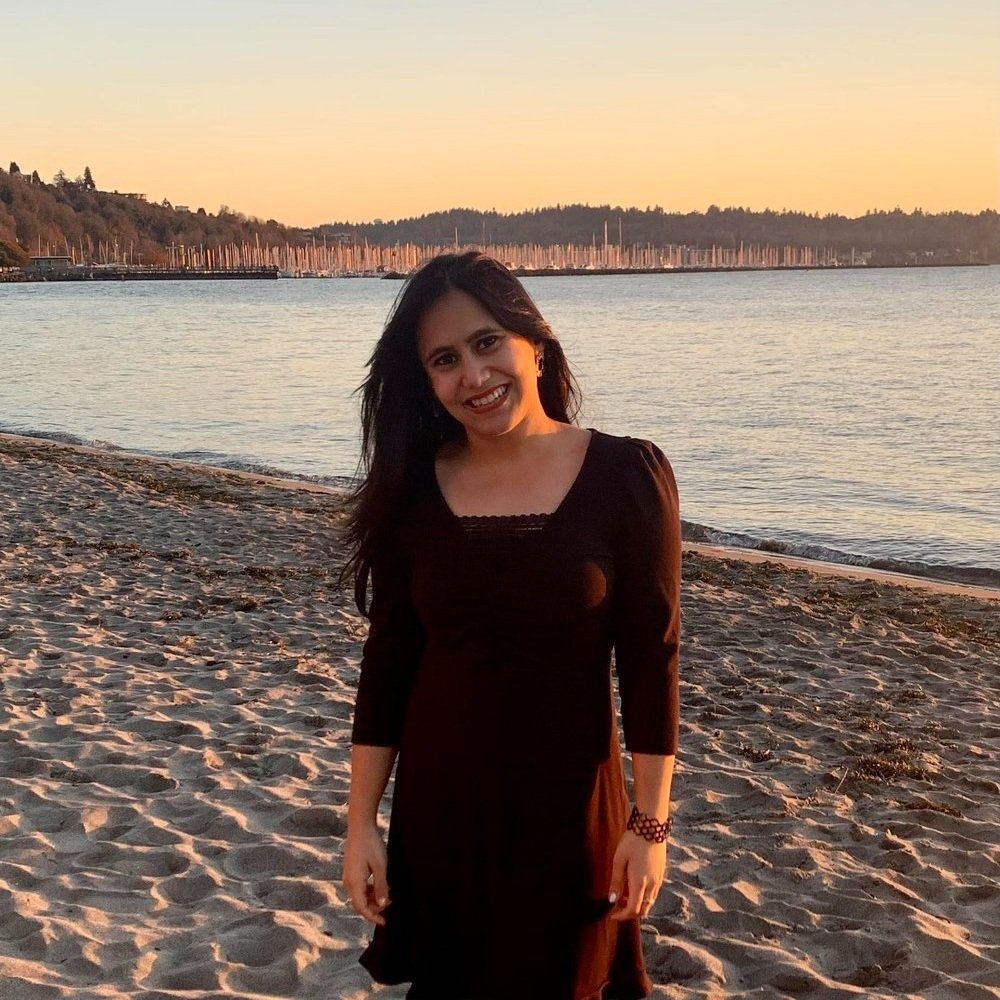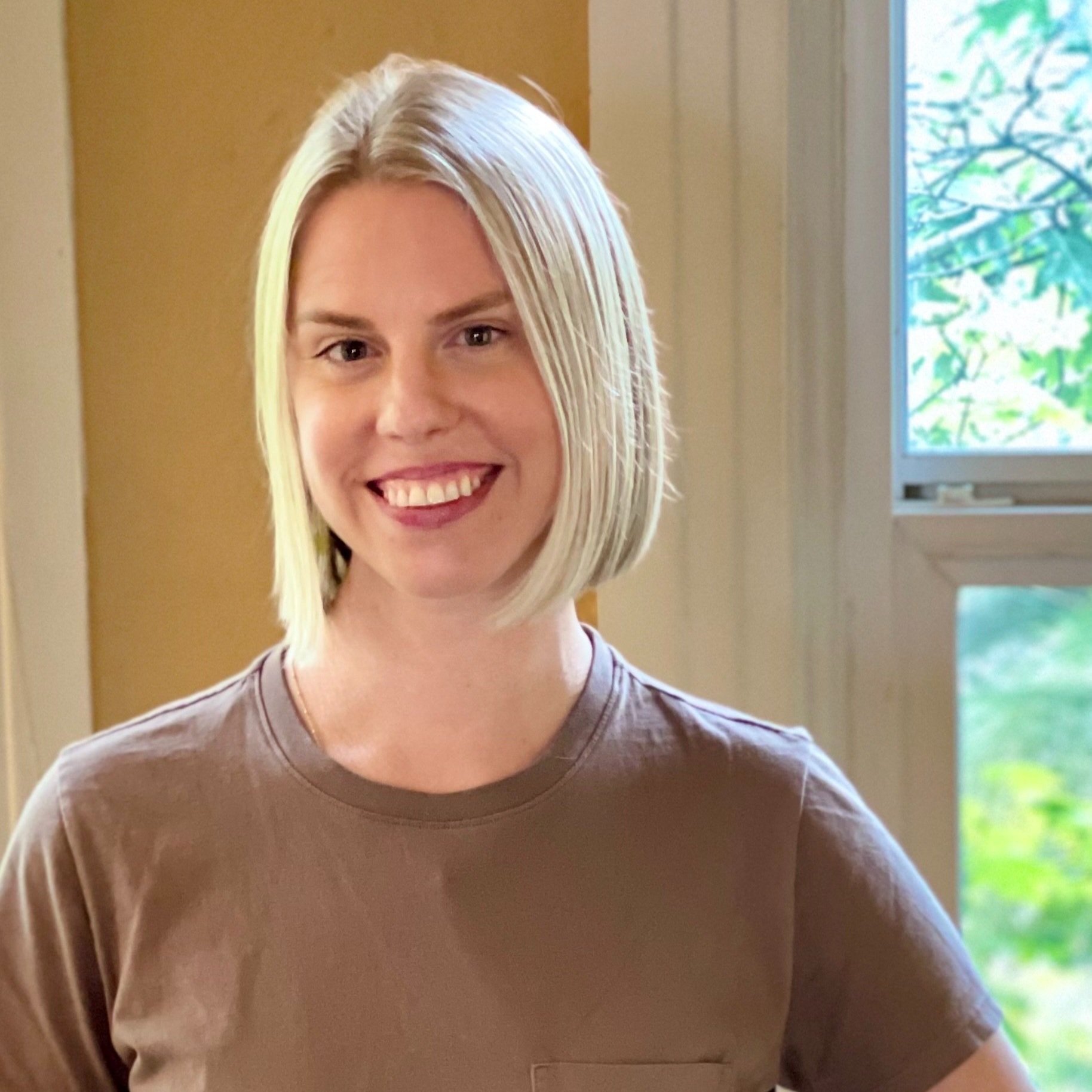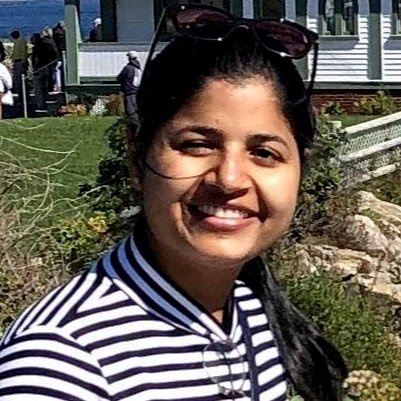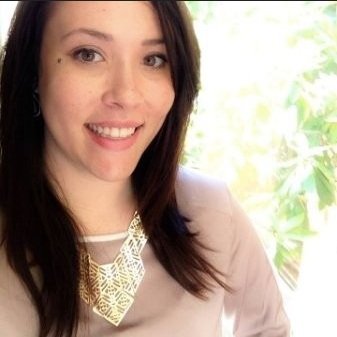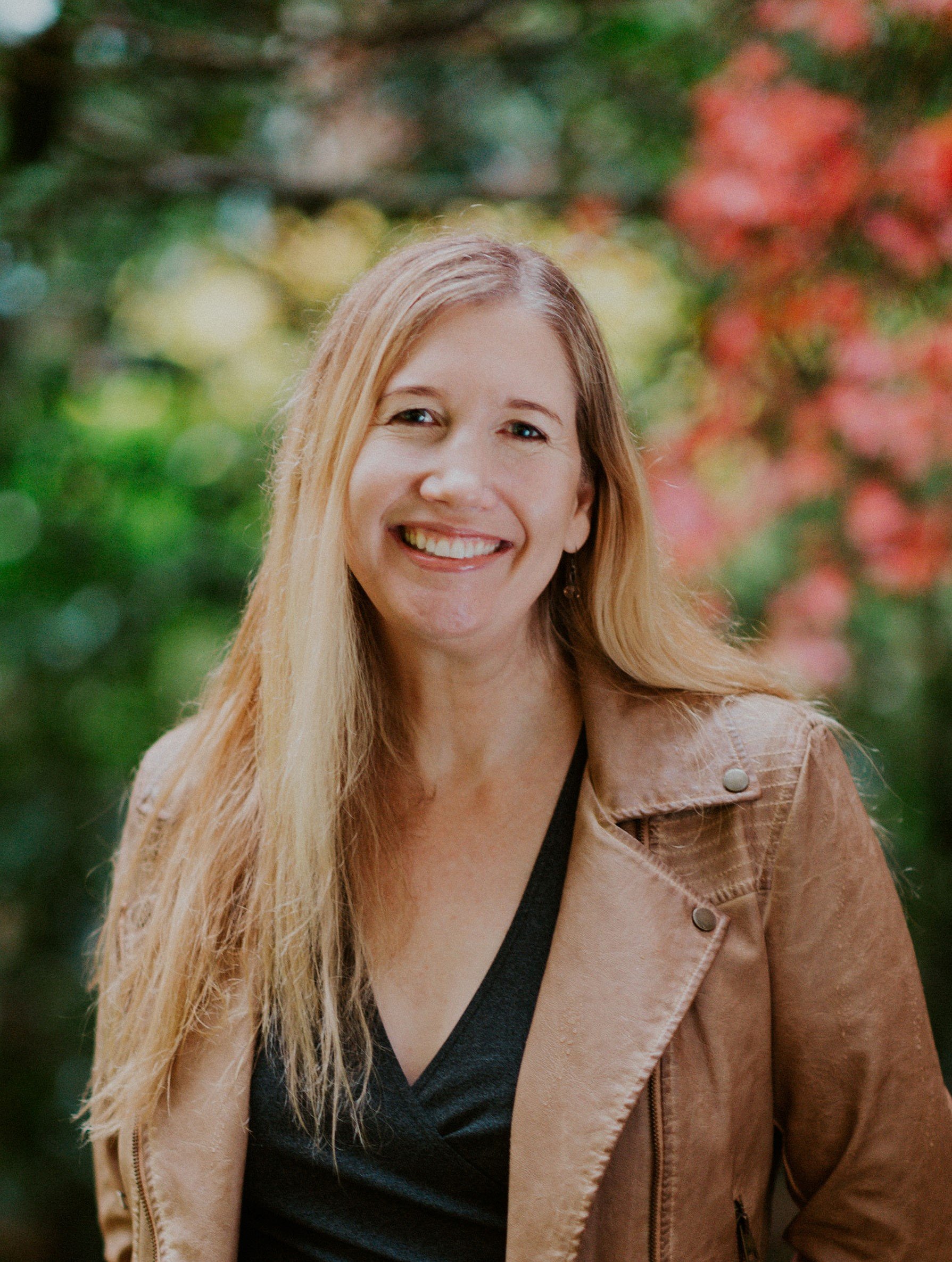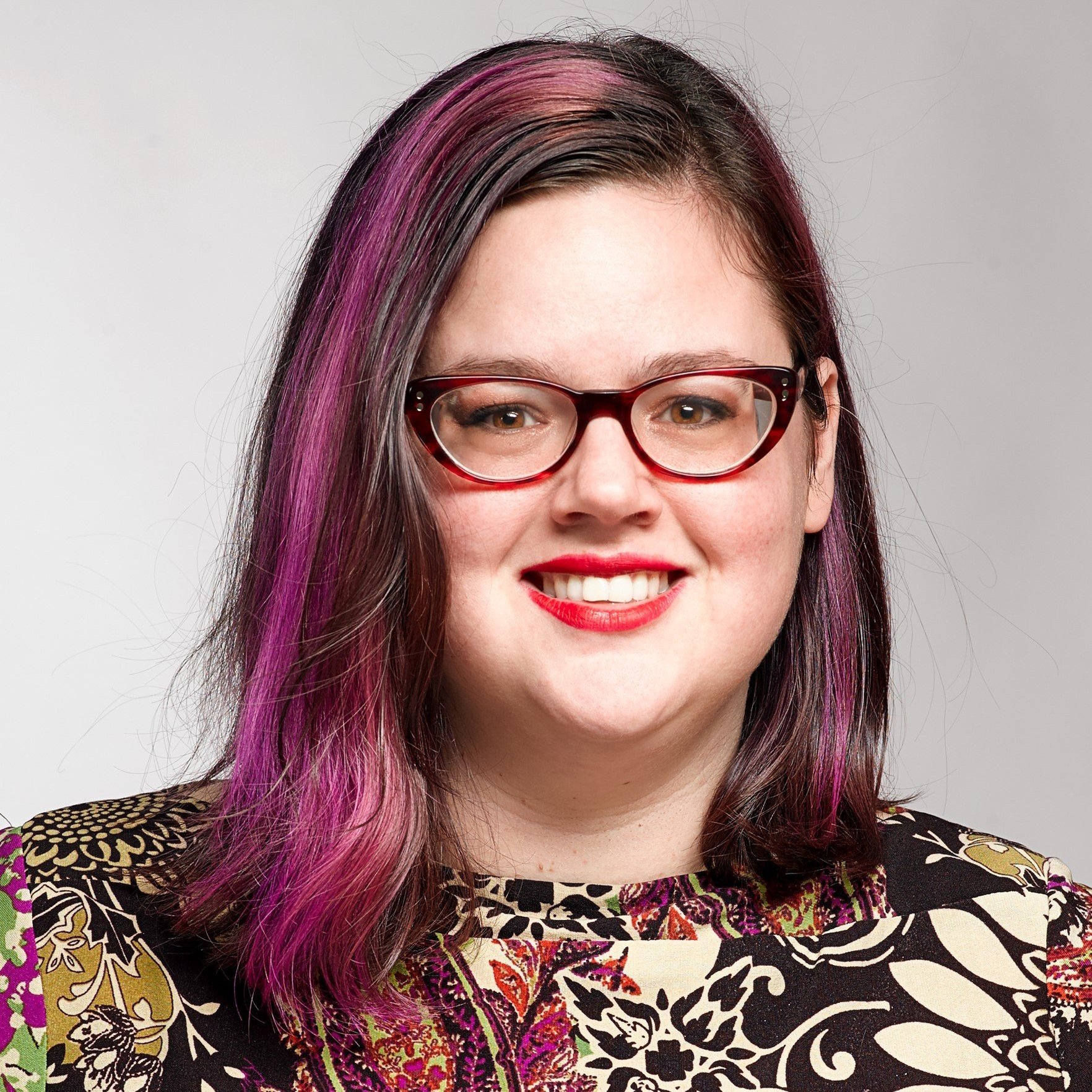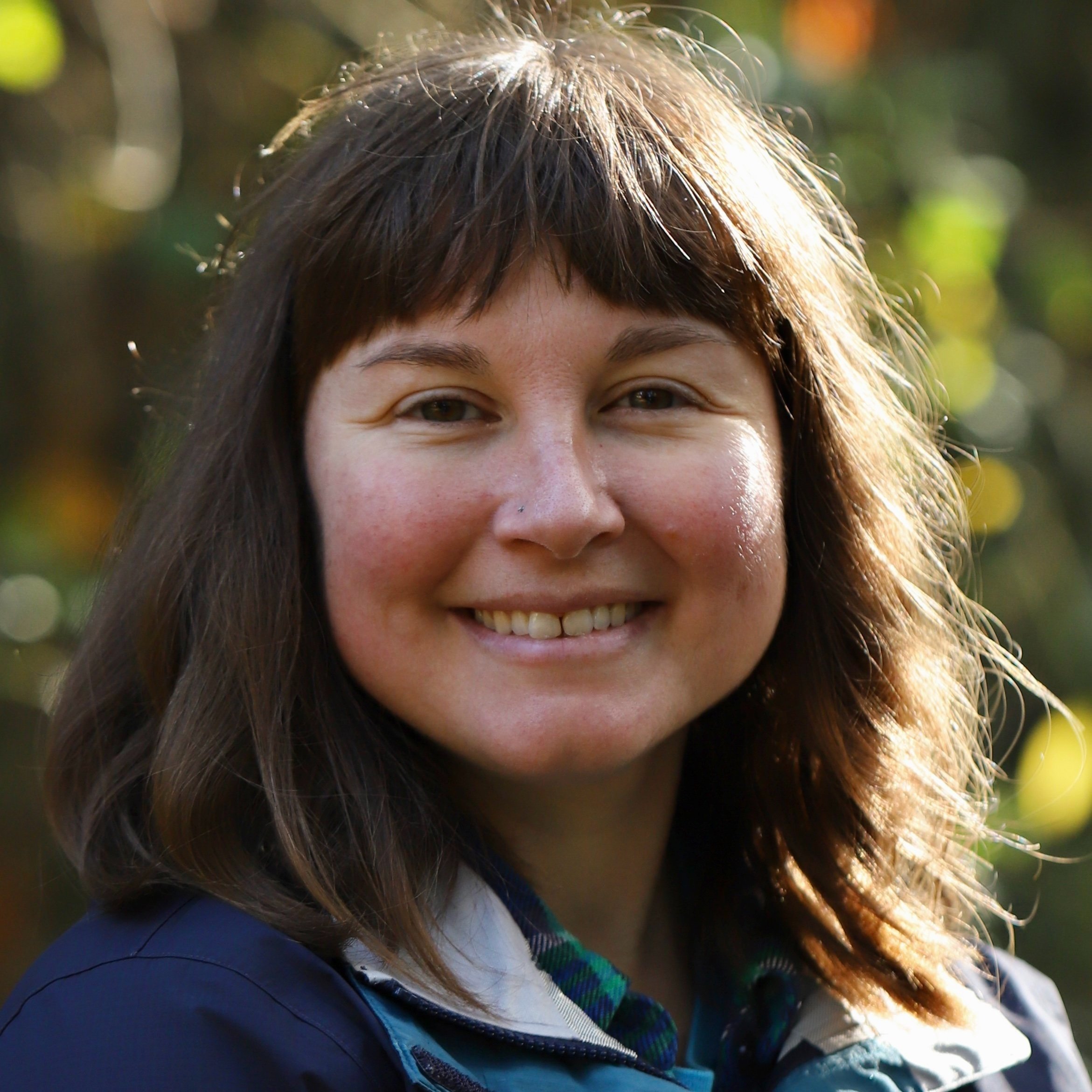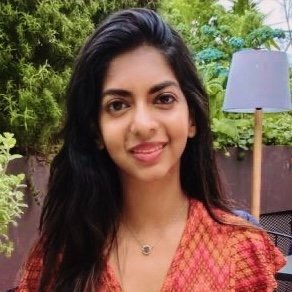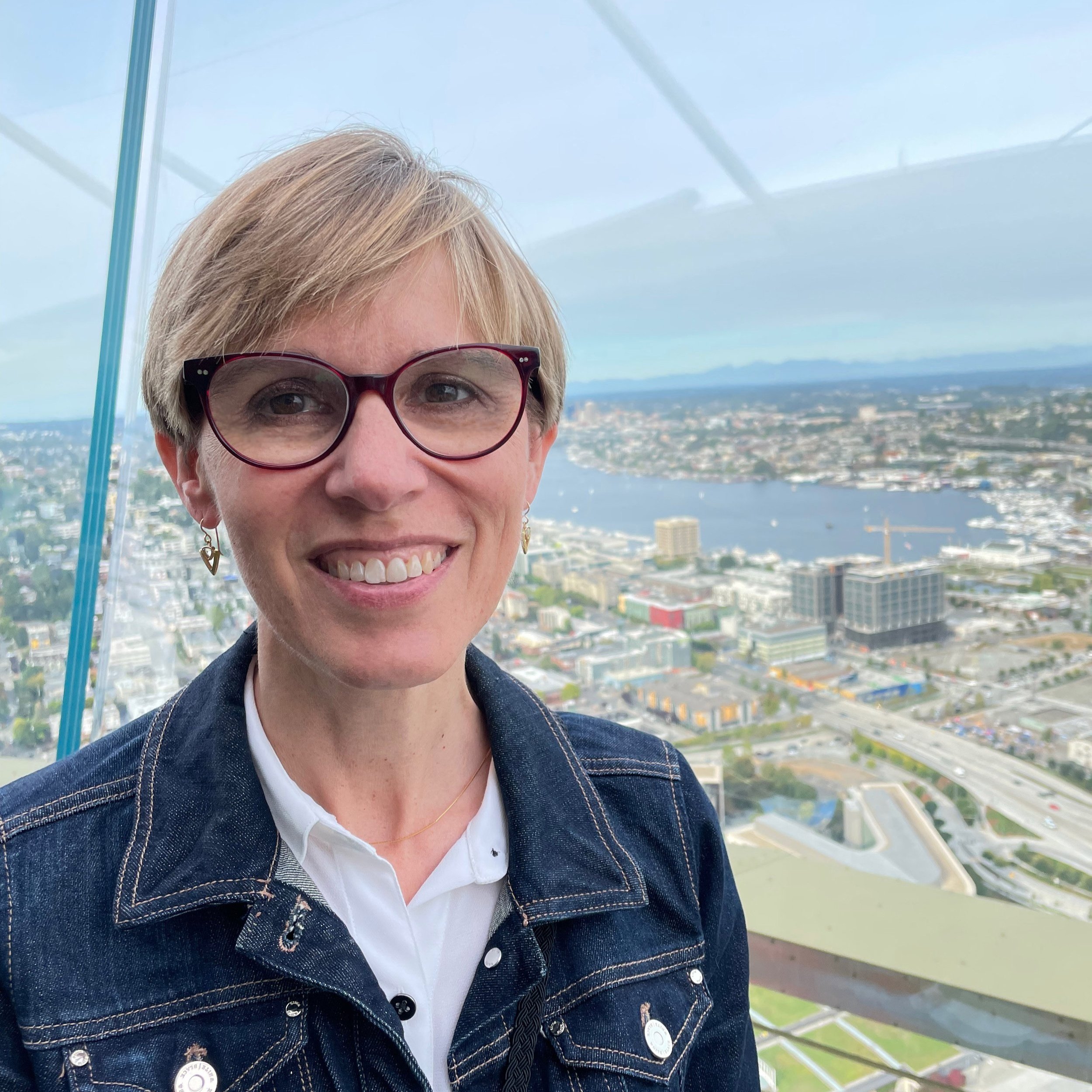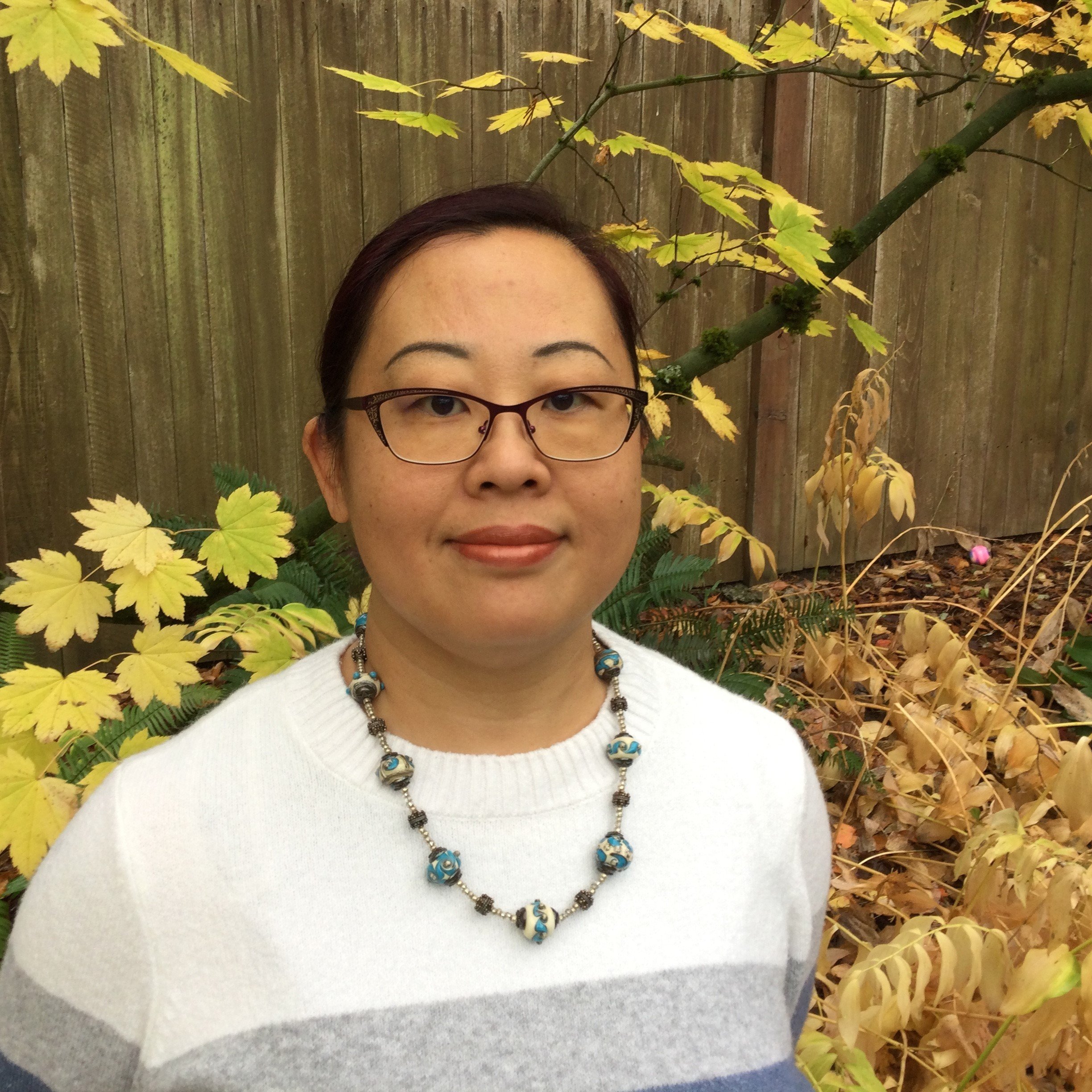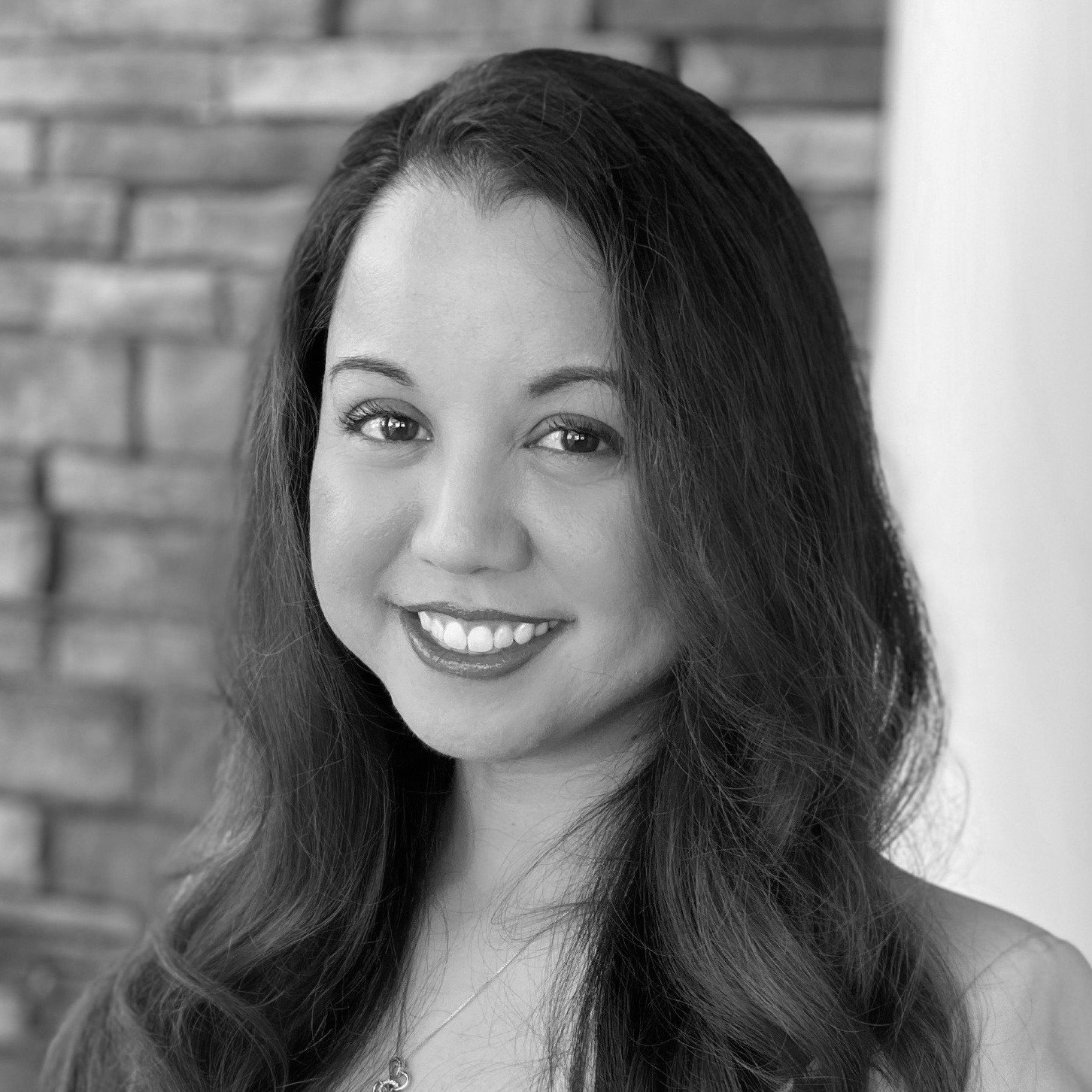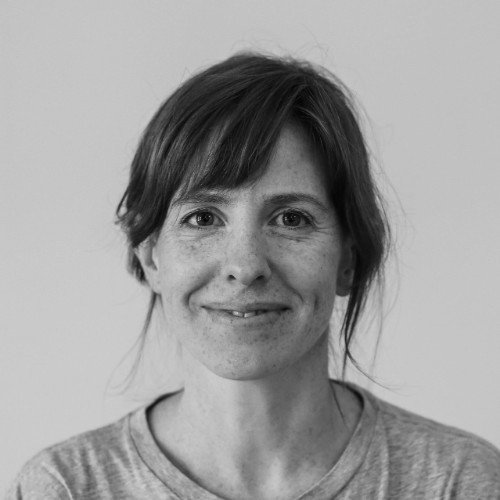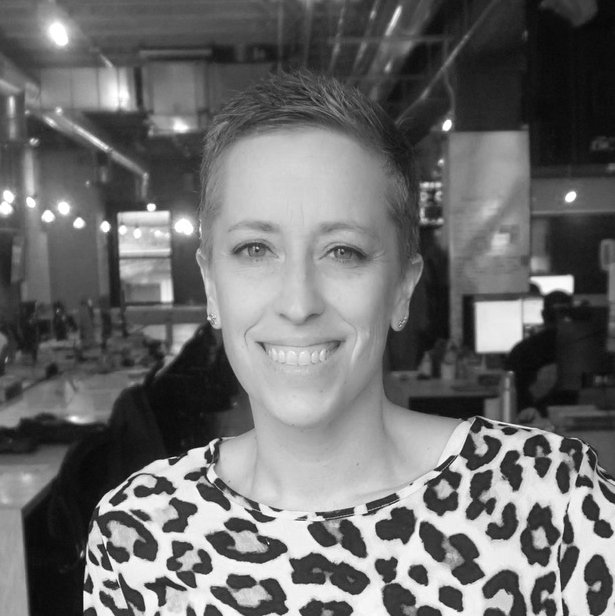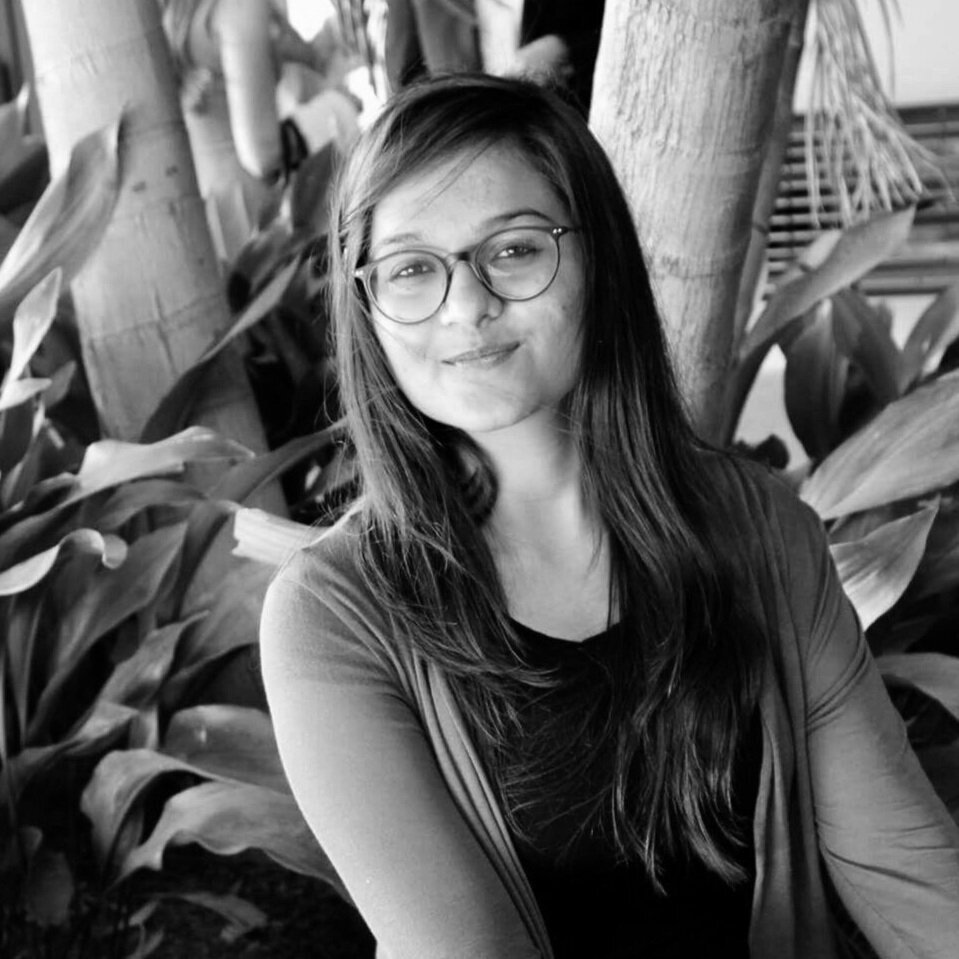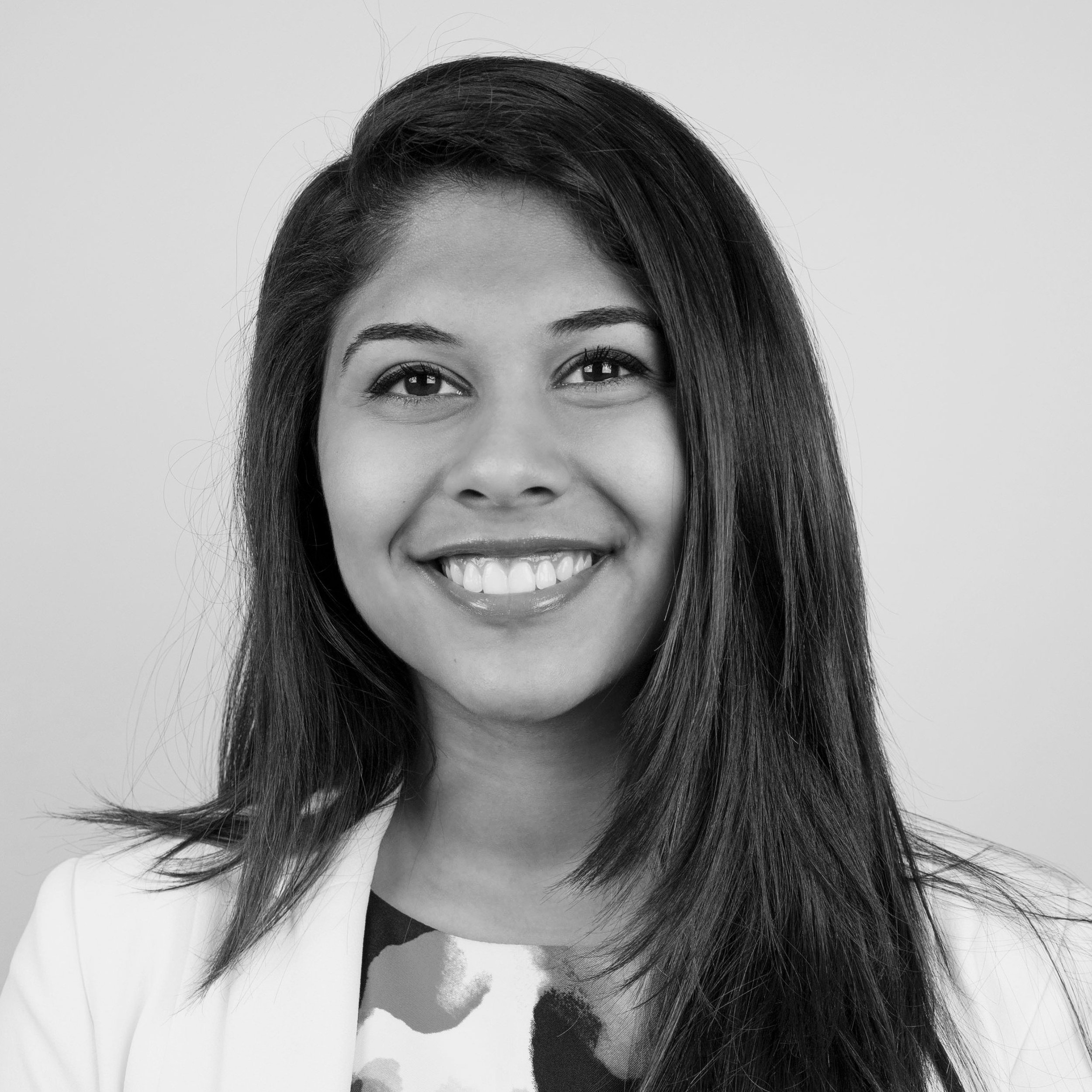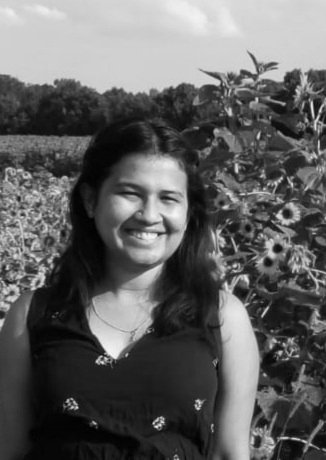2022 Executive Summary - need to edit to update for 2022
The 2021 Puget Sound Women in Data Science (WiDS) Conference took place successfully on April 27th, 2021. Due to the ongoing pandemic, the conference was once again hosted by DataCircles in an entirely virtual format. The global WiDS organization aims to inspire and educate data scientists worldwide, regardless of gender, and especially to support women in the field. The WiDS Puget Sound Conference is an annual satellite event and a grassroots initiative to bring together the data science community in the greater Seattle area. Attendees benefit from professional development in the form of networking, speaking opportunities, and personal development sessions. The conference spotlights the work and contributions of data science and data-adjacent womxn professionals in our region.
The 2021 conference was led by 4 regional WiDS Ambassadors: Mengyuan Liu (SAP Concur), Shivani Patel (Amazon Robotics), Catherine Magsino (The Spur Group), and Jenifer De Figueiredo (Iterative.AI). They were joined by almost 40 other local data professionals to help bring this conference to life. The conference was completely funded by sponsorships from local companies, with Amazon, Microsoft, and SAP Concur returning as Platinum Sponsors for another year. Additional sponsors included 1Strategy and F5 at the Gold Sponsorship Level, and Allstate, Convoy, Starbucks, and Liberty Mutual Insurance at the Silver Sponsorship Level.
Even after one year of all-virtual events, the conference saw extremely high engagement with 1000+ registered attendees and 630+ actively participating attendees on the day of the event. Dr. Rukmini Iyer, Corporate Vice President at Microsoft, kicked off the conference with an informative keynote on building an AI-based advertising platform. The rest of the day consisted of breakout sessions, workshops, and networking opportunities. Content was provided by 39 female speakers and covered a wide range of data-related topics, including machine learning, artificial intelligence, data ethics, and applications of data science. Attendees also had the opportunity to virtually meet other attendees and sponsor representatives via the online event platform. 180+ meetings amongst attendees and sponsors took place over the course of the day. The conference concluded with a live mixer where attendees were randomly matched in groups of 4-5 and had the chance to reflect on their learnings from the day and celebrate their accomplishments. Recordings of all* the sessions are available to registered attendees via the event platform for 30 days following the conference, and will also be posted to the Data Circles YouTube channel.
Of the 42 participants that took the post-conference survey, 100% would recommend the conference to other industry professionals. We heard overwhelmingly positive feedback from the attendees and speakers:
“After COVID, this conference brought me to tears. It was such a joy to reconnect with the larger community.”
“The speaker experience was seamless. I loved the wide variety of presentations, the diverse backgrounds of speakers and networking opportunities.”
“It was by far the most interactive AND fun conference I have been to in my career so far.”
We look forward to continuing this conference and celebrating the accomplishments of women in the data industry in 2022!
*Per the request of the speakers, the following sessions were not recorded:





